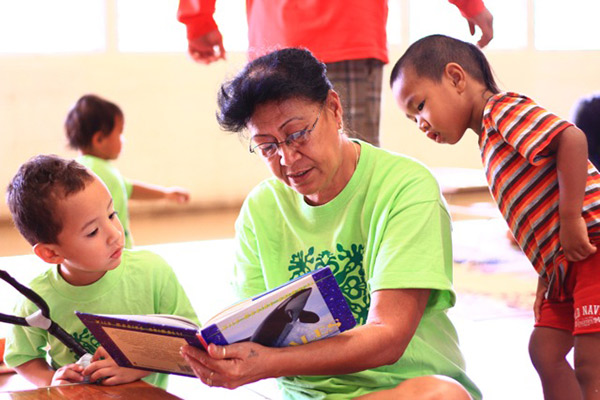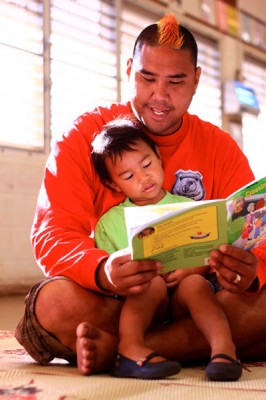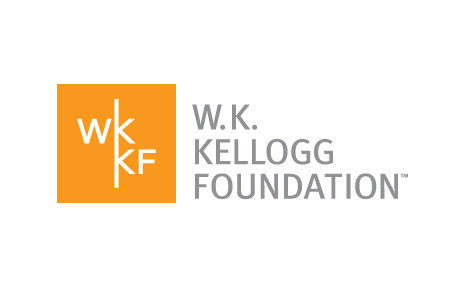Do you run a non-profit or have an idea for a family engagement program that targets low-income Asian American Pacific Islander communities? The William K. Kellogg Foundation is opening up $5 million in grant money to fund new programs that help parents support their children’s educational success from birth to age eight. From the W.K. Kellogg Foundation:
WKKF defines family engagement as a shared responsibility of families, schools and communities for student learning and achievement. It is a continuous process from birth to third grade and beyond that occurs across multiple settings where children learn. The foundation seeks to support and expand on-the-ground family engagement efforts that include program design and implementation, service delivery and/or policy development and implementation.
The Kellogg Foundation grants are aimed at filling a need to help parents support their children’s education. “Folks are doing wonderful jobs in developing curriculum,” says Carla Thompson, Kellogg Foundation V.P. of Strategy. “But there wasn’t really a focus on families.”
Some organizations are already doing the kind of work the Kellogg Foundation is looking to support. In Hawaii, one such group is INPEACE, a non-profit that provides early childhood education among Native Hawaiians through a program called Keiki Steps, and also by training teachers from within the community. INPEACE also supports the continuation of Native Hawaiian traditions through its cultural land stewardship efforts.
I recently spoke over the phone with INPEACE CEO Kanoe Naone, to find out more about how their culturally specific programs have been able to effect changes that exceed what mainstream organizations are able to do. Naone says the organization has been successful by honoring and working with Native Hawaiian traditions, such as creating a parent participation preschool model that fits with cultural child-rearing practices. “Native Hawaiian families want to keep their babies at home as long as possible,” says Naone. While the numbers of children attending preschool has dropped overall in the state, these culturally tailored programs have generated a 15.7% increase in the numbers of children attending early childhood education on the Wai’anea Coast of Oahu, home to the largest concentration of Native Hawaiians in the world. INPEACE has also graduated 156 Native Hawaiian teachers to work in the community, and helped nearly 400 more students attend college.
Naone credits grant funding from the Kellogg Foundation with doubling the size of INPEACE programs. Partnership with other Kellogg grantees has also provided support and opportunities to share ideas about how to address larger structural inequities in society.
Her advice to other non-profits who are seeking to create new programs is to honor what already exists in your community,”Figure out who’s already doing it, and if there’s an opportunity for a partnership,” says Nanoe. “We realize that individual efforts are not going to make a dramatic change. It’s really through collective effort that we are able to make systemic change.”
The current round of Interested in applying for a Kellogg Foundation grant? Public entities or 501(c) (3) nonprofit organizations that can demonstrate the fiscal capacity to manage the funds should apply online through the W.K. Kellogg Foundation website. Applications are due by Sept. 23, 2013. If selected, applicants will be asked to provide a full proposal in October 2013, and will receive guidelines upon selection. Selected grantees will be notified of their awards in December 2013.



